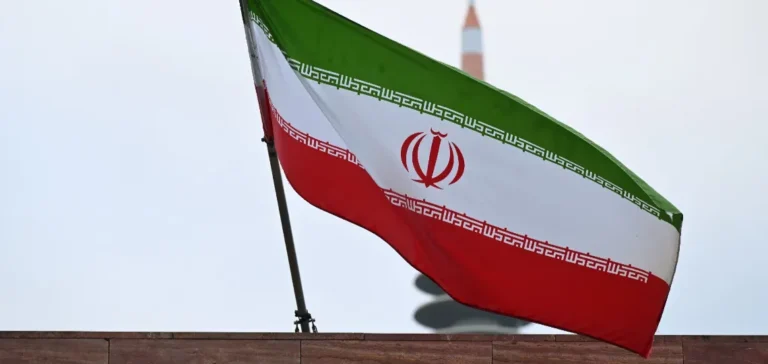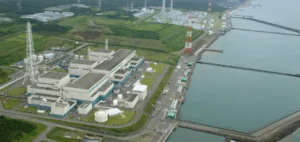Iran could face the automatic reinstatement of international sanctions starting Saturday midnight GMT, under the mechanism provided by the 2015 nuclear agreement. Germany, France and the United Kingdom (E3) triggered this procedure through the United Nations Security Council, accusing Tehran of failing to fully cooperate with the International Atomic Energy Agency (IAEA). The measures could affect the oil sector as well as the country’s banking and financial flows.
French President Emmanuel Macron urged his Iranian counterpart Massoud Pezeshkian to meet European demands during a meeting on the sidelines of the United Nations General Assembly. He specified that “full access for IAEA inspectors,” “transparency on enriched uranium stocks,” and “the immediate resumption of negotiations” were non-negotiable conditions to avoid the reactivation of sanctions.
Diplomatic pressure and economic threats
Steve Witkoff, special envoy of US President Donald Trump, stated that Washington remained in contact with Iran, without confirming whether discussions were direct or indirect. He described a “difficult position” for Tehran, while stressing that Western powers had “no desire to harm” the Iranian population. He added that the goal was to establish a “solution mechanism” or apply sanctions if no agreement was reached.
Iranian Foreign Minister Abbas Araghchi met with several European counterparts without achieving progress in the talks. Additional meetings were planned with French representatives. During his address to the United Nations, the Iranian president declared that his country was not seeking to acquire nuclear weapons and accused Western nations of ignoring Iran’s “good faith” in negotiations.
Return to JCPOA and legal deadlines
The 2015 agreement, known as the Joint Comprehensive Plan of Action (JCPOA), had allowed an easing of international sanctions in exchange for limits on Iran’s nuclear programme. This compromise, endorsed by United Nations Security Council resolution 2231, expires in mid-October. The United States unilaterally withdrew from the deal in 2018 under the Trump administration, reinstating its own sanctions.
Since that decision, Iran has gradually reduced its commitments, notably regarding uranium enrichment. President Pezeshkian condemned Israeli and American military strikes against his country last June, calling them a “diplomatic betrayal” while negotiations were underway. According to Iranian authorities, these attacks caused more than 1,000 deaths.
Impact on the energy sector
The possible return of sanctions could directly penalise Iranian oil exports, currently estimated at around 1.4 mn barrels per day. These measures would also affect Iran’s commercial relations with Asian partners, including China and India. The banking sector, already heavily restricted since 2018, would face new limitations hampering the international operations of Iranian energy companies.
Oil market observers are closely monitoring the ongoing negotiations, as global supply could be affected if Iran once again finds itself isolated economically. The continuation or lifting of sanctions will depend on Tehran’s response in the coming hours.






















